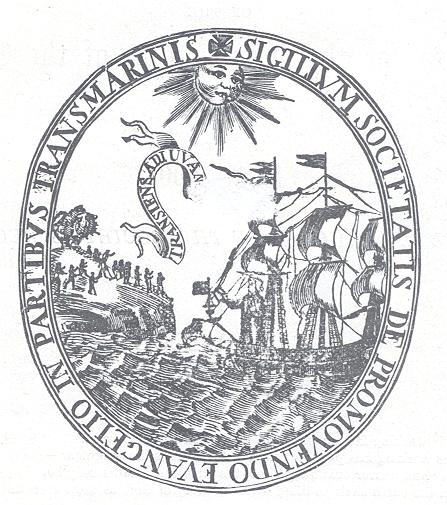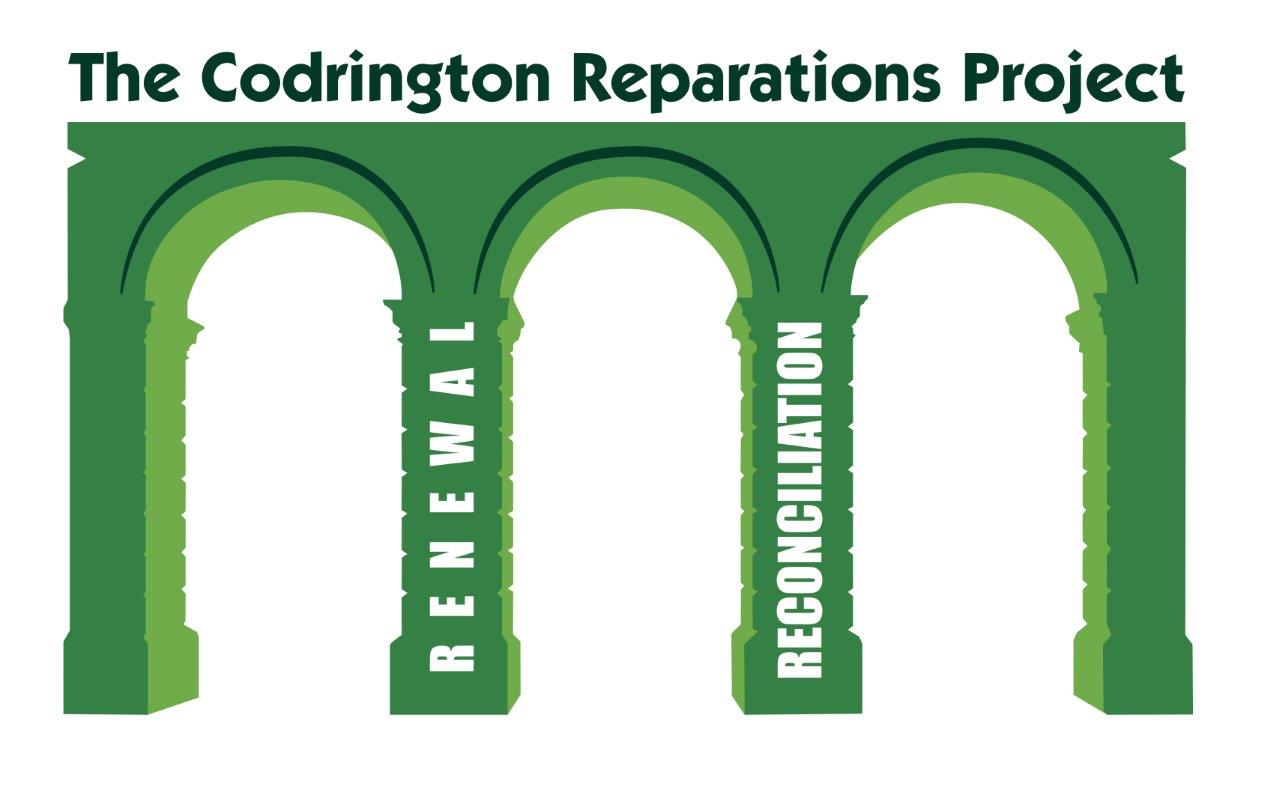|
USPG was founded in 1701 as the Society for the Propagation of the Gospel in Foreign Parts (SPG). Its origin is in the Royal Charter of William III forming the SPG, which was issued to the Revd Dr Thomas Bray (pictured below). For a quick glance through our history, take a look at our timeline. The founder of Methodism, John Wesley, served as a SPG missionary in America in the 1730s. Another 18th century missionary with SPG was Philip Quaque, the first African to be ordained in the Church of England. To read more about the early years of SPG, you can access some of our archives here. USPG’s early focus was pastoral ministry and education among British settler communities in North America and the Caribbean. But it was also the darkest time in our history – see below. Pastoral care and educational work among indigenous peoples rather than colonists gradually became a priority in the 19th century, augmented by a third strand – medical work. In time, SPG was sending missionaries to more than 50 countries. One was the first single woman to serve as an SPG missionary, Sarah Coombes, who went to North Borneo in 1856. |
Modern-day USPG formed
|
USPG in its current form was created in 1965 when SPG merged with the Universities’ Mission to Central Africa. UMCA had been set up in the mid-19th century, in part to oppose the slave trade. Its creation was a response to David Livingstone’s speeches at the Universities of Oxford and Cambridge in 1857 following his return from his first journey across Africa. UMCA became a distinctive organisation, working what would become Malawi, Zambia, Tanzania and Mozambique and making a major contribution to tackling leprosy. Three years after the merger, in 1968, the Cambridge Mission to Delhi joined USPG. CMD was founded in 1877 to carry out the theologian, BF Westcott’s vision of a serious and respectful engagement with Indian religious tradition. Focussed on Delhi and the surrounding area, much of its work was carried out by two religious communities, the Brotherhood of the Ascension and the Community of St Stephen for women. For four years in the early 2010s, USPG was known as Us – the United Society - before becoming the United Society Partners in the Gospel in 2016. |
A changing role
|
USPG's role has always been to contribute to and encourage the development of the Anglican Church – and more recently the United Churches – around the world. Over the centuries it has done this in different ways, but always with the aim of seeing churches thrive to become autonomous members of the Anglican Communion, contributing to both the life of the Anglican Church and the country they are part of. The rapidly changing world of the mid-20th century, and particularly decolonisation, challenged traditional mission thinking and activity. This led to the developing of new concepts which emphasised the interdependence of the world church with relationships becoming those of equal partners. In the late 20th and early 21st centuries, USPG's role has increasingly become one of facilitation, enabling the movement of ideas, resources and people around the world church. |
A shameful era – slavery
|
SPG’s history is complex and inextricably linked to an era of imperialism and colonialism. But its darkest, most shameful period came early in its history. In 1710, SPG received a bequest from Sir Christopher Codrington of two plantations in Barbados. Between 1710 and 1836, SPG benefitted from the labour of enslaved persons on the Codrington Estate. It is an utterly disgraceful history for which USPG apologises unreservedly. USPG is committed to engaging critically with this shameful history. You can see documents from this era in our archives. This history opens important debates around what reparation might mean. In the 15 years following emancipation SPG made grants totalling £85,000 and launched a fund that raised a further £80,000 (together equivalent to more than £17m today). This was spent in the Caribbean, much of it on educational infrastructure. Today, USPG is committed to exploring how it might best support the work of the Church of the Province of the West Indies. In addition, USPG supports the CARICOM Reparations Commission agenda. However, there are dangers of reducing reparation to issues of finance as if slave ownership were a debt that could be “settled” by any financial transaction. The legacies of the transatlantic slave trade and our colonial history are deep and pervasive, as the Windrush scandal and Black Lives Matter campaign have made clear. USPG is engaging in a process of understanding its own culpability as a colonial actor better through an intentional exploration of its archives, in dialogue with the CPWI. |
Current activities
|
On Friday 8th September 2023, USPG announced at a press conference in Barbados that it will be seeking to address the wrongs of the past by committing to a long-term project: ‘Renewal & Reconciliation: The Codrington Project’. The project will be in partnership with Codrington Trust and the Church in the Province of the West Indies (CPWI). The work will include four areas of work in collaboration with the descendants of the enslaved; community development and engagement; historical research & education; burial places & memorialisation, and family research. USPG has pledged, in response to proposals that Codrington Trust has advanced, 18M Barbadian dollars – (£7M) - to be spent in Barbados over the next 10-15 years to support this work. |



